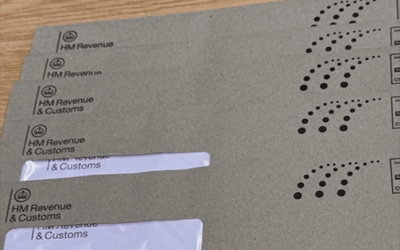The Official Rate of Interest (ORI) increased from 2.25% to 3.75% on 6 April 2025. What sounds like a minimal adjustment is, in fact, likely to make a difference to the cost of providing — and receiving — certain benefits in kind.
It may also bring some employees within scope of tax on their benefits in kind for the first time. And for the record, one professional body considers the increase the ‘most significant jump in over thirty years’.
In addition, where the ORI used to be set for a year at a time, it will now be reviewed every quarter. This means the rate could now change in-year, on 6 April, 6 July, 6 October and 6 January, adding further complexity for employers to factor into their calculations.
The ORI is the rate used to work out the taxable benefit of some employment-related living accommodation, and the Income Tax charge when someone has what’s known as a beneficial loan from their employer.
Beneficial loans: Where the employer lends money above a certain amount to an employee either interest free, or at a rate of interest below the ORI, a taxable benefit arises on the difference between any interest paid by the employee and the ORI. Where a tax charge arises, Class 1A National Insurance contributions (NICs) are also paid by the employer on the taxable benefit.
From an employer’s perspective, an ORI of 3.75% is likely to mean an increased cost to the Class 1A NICs bill for 2025/26. This, of course, comes on top of the new 15% rate applying to Class 1A NICs from 6 April 2025, leaving employers with an increased NICs rate to apply to a higher benefit in kind value.
Planning ahead
As a result of the changes, you might want to review whether the remuneration package you are offering as an employer — or the benefits you are receiving as a director or other employee — are as tax efficient as you would like. Where outstanding loans have a total value of less than £10,000 for the entire tax year, no benefit in kind arises, and in the light of the changes outlined here, you may want to keep loans below this level.
If you would like further information or any advice on this article, please contact your Ellacotts contact or contact us by emailing solutions@ellacotts.co.uk or call us on 01295 250401.
Information for readers: This material is published for the information of clients. It provides only an overview of the regulations in force at the date of publication, and no action should be taken without consulting the detailed legislation or seeking professional advice. Therefore, no responsibility for loss occasioned by any person acting or refraining from action as a result of the material can be accepted by the authors or the firm.
*Business Newsletter August 2025








